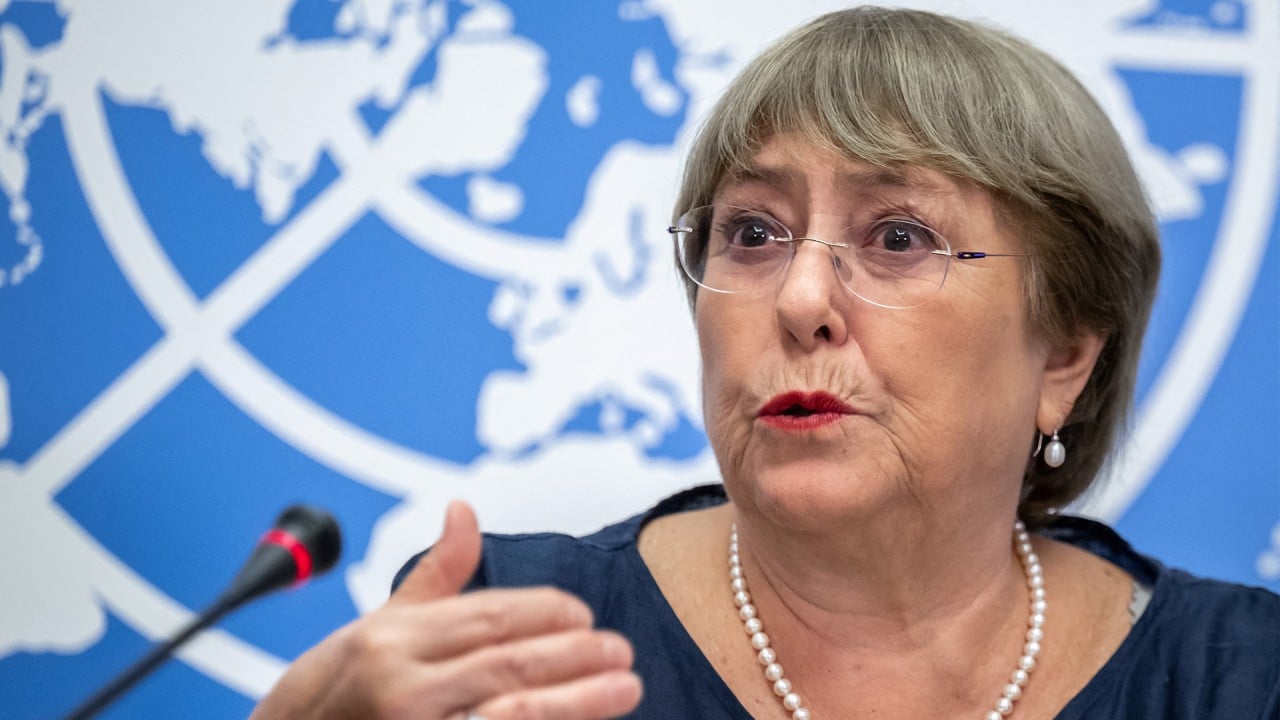US law banning Xinjiang imports has glaring weaknesses, lawmakers are told
- Representative Chris Smith, chairman of the Congressional-Executive Commission on China, writes to Chinese leader Xi Jinping to request a visa to visit the region
- Unintentionally or not, products made with forced labour are eluding US safeguards, the commission hears

The US ban on imports from China’s Xinjiang Uygur autonomous region has shown “concerning” gaps and loopholes in enforcement and stronger constraints are needed, witnesses told a China policy panel’s hearing on Tuesday.
Testifying to the Congressional-Executive Commission on China (CECC), scholars and activists recommended that the US put more Xinjiang-origin products under prioritised scrutiny, blacklist more Chinese firms and push allies for broader import bans to leave “no safe harbour” in the world for forced labour-related goods sourced from that far western region in China.
The US and human rights groups cite satellite imagery, leaked Chinese government documents and eyewitness accounts as evidence that more than 1 million Uygurs and other ethnic minorities have been subjected to mass detention, political indoctrination and forced labour. Beijing has repeatedly denied those allegations.
Representative Chris Smith, a Republican from New Jersey and chairman of the CECC, said he had sent a letter to Chinese President Xi Jinping on Monday requesting a visa to visit Xinjiang.
“I’d like to lead a delegation there,” Smith said. “I hope we would have unfettered access to the camps and to talk to officials there and, above all, to talk to individual Uygurs without any fear of retaliation.”
Tuesday’s hearing was aimed at assessing the implementation of the Uygur Forced Labour Prevention Act (UFLPA), which has been in effect since June, to determine the need for further congressional oversight and action.
In her testimony, Laura Murphy, a professor at Sheffield Hallam University in Britain, said that since the act went into effect, American companies “have not all responded enthusiastically”.
